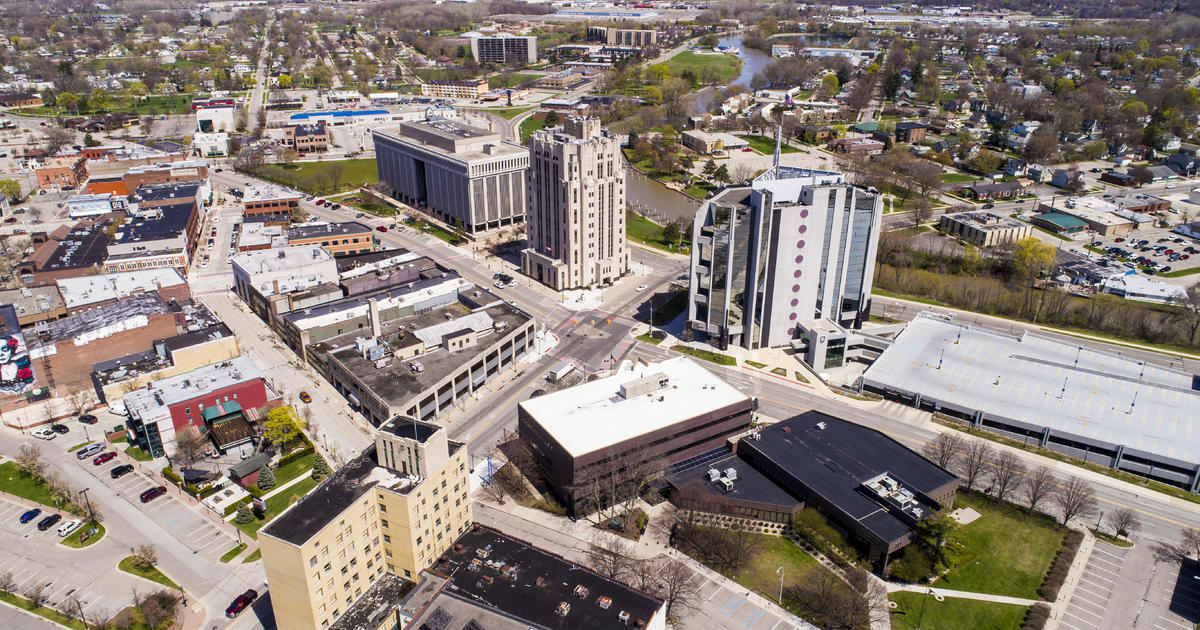Stem Cell Summit: Whose DNA Is It?
Is your DNA yours? Your fellow human beings'? The Almighty's?
Controversies ranging from the strange case of Henrietta Lacks to the more recent dustup involving the Havasu Indians of the Grand Canyon to the poignant story of a mother trying to save her twin daughters from early death due to a rare disease sparked a fascinating discussion Monday at the World Stem Cell Summit in Detroit.
Jeremy Sugarman of Johns Hopkins University in Baltimore and Lorie Zoloth, a medical ethicist with the Feinberg School of Medicine at Northwestern University in Chicago, both brought up the case of Lacks.
Henrietta Lacks was a poor African-American tobacco farmer who died of cancer. Samples of her tumor were taken without her knowledge.
Sixty years after her death, those cells of Lacks' live on. In fact, 50 million metric tons of them do -- more than the Empire State Building weighs -- in research labs around the world. What scientists call HeLa cells were instrumental in finding the vaccine for polio, helped uncover secrets of cancer and viruses, and led to in vitro fertilization, cloning, and gene mapping. (See this Wired article and this book promo.)
Billions of dollars have been made buying and selling HeLa cells, yet Lacks' children and grandchildren live in grinding poverty. How is that fair?
Meanwhile, the Havasu Indians in April won a court case that mandates the scientific community stop experimenting with its blood. The blood was taken for medical research; the 100-plus tribal members were told it would be for research in diabetes, which is rampant among Native Americans. However, it was also used in research of schizophrenia, inbreeding, and the tribe's origins. The first two subjects are matters of great stigma for the tribe, and the results of the study of probable origins of the tribe conflict with Havasu creation myth.
Said Zoloth: "If Henrietta Lacks had been asked about using some of her tumor cells for research and had said no, it would be a different world today. And in fact many of us might not be alive because of the polio vaccine."
Zoloth said doctors and scientists have a sorry history of temptation, conflict of interest, and patient abuse in the name of face or pride.
Zoloth contrasted Lacks' 1951 case with another case of taking someone's cells without their knowledge that was also critical to the polio vaccine -- the 1947 case of Jimmy Sackett, a poor farm boy who contracted polio and was placed in a rehabilitation center. His blood sample became the standard for the polio vaccine.
The difference, Zoloth said, is that Jonas Salk did not patent the polio vaccine and the March of Dimes, which funded the research, never expected profit. That wasn't the case with Lacks' cells.
Drawing on her Jewish faith, where the first duty, tikkun alam, is to heal and repair the world, Zoloth proposed a new bioethics of duty to one another that she called "Fidelity."
"The bio-banks aren't banks, they're libraries," she said. "They belong to all of us. The research in some fundamental way belongs to all of us."
The ethics talk concluded with the latest from Chris Hempel, a Reno, Nev. mother of two twin daughters with a rare disorder called Niemann Pick Type C. The disease causes a buildup of cholesterol in the brain, leading to early dementia, and it's usually fatal in childhood. But it's so rare that only 500 cases are known worldwide.
Hempel said she's investigating Induced Pluripotent Stem Cells, or IPCs, as a way of reprogramming the genetic abnormality that creates the disease, as well as high-throughput screening of every single FDA-approved drug to see if any will help.
More at http://webofhope.com/tag/chris-hempel/ or http://addiandcassi.com.
The World Stem Cell Summit continues through Wednesday.
More at http://www.worldstemcellsummit.com/.
(c) 2010, WWJ Newsradio 950. All rights reserved.


